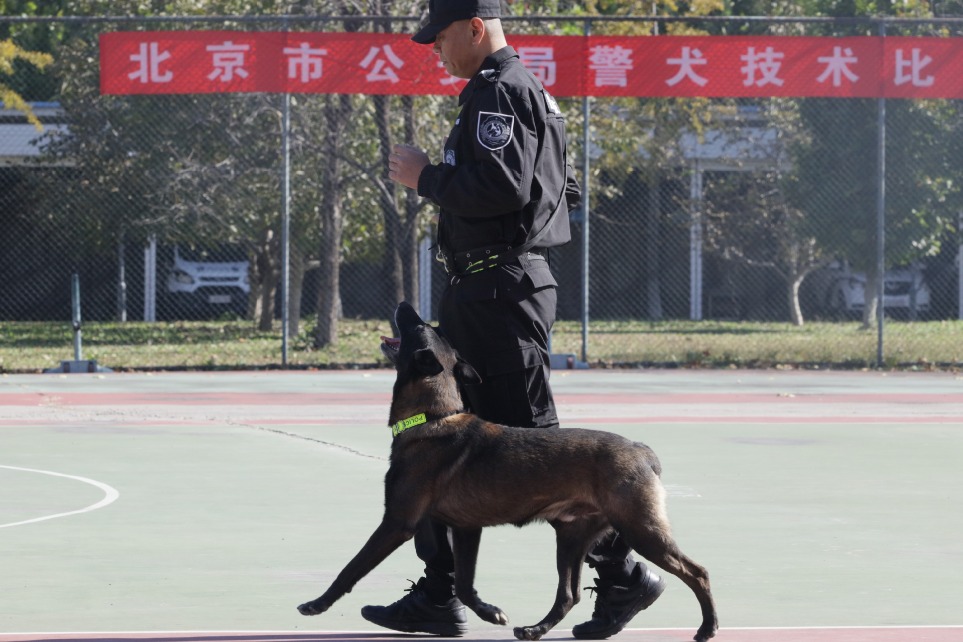Q&A

Q: Why is commemorating Taiwan's restoration a must?
A: Taiwan's restoration to China holds multifaceted significance. Taiwan becoming a Japanese colony was a tragic event that occurred due to China's poverty and backwardness at the time, marking a significant sorrow for the Chinese nation. The return of Taiwan healed this wound, thus holding great importance for the Chinese nation as it allowed China to once again become a unified and complete country. This has been crucial for the development of modern China.
Furthermore, the return of Taiwan held even more direct and significant importance for the people of Taiwan compared to those on the mainland. Under 50 years of Japanese colonization, Taiwan people were treated as second-class citizens, facing discrimination and oppression. Many longed to return to their motherland, and the restoration fulfilled this aspiration. When the Chinese government took over Taiwan, the local residents greeted them with high expectations, celebrating and welcoming their compatriots from the mainland with great enthusiasm.
On an international level, Taiwan's restoration also held special significance for the post-war order. It symbolized the recognition by the international community of the sacrifices made by the Chinese nation and people during the World Anti-Fascist War. The Cairo Declaration and the Potsdam Proclamation both mentioned that upon Japan's defeat, Taiwan should be returned to China as part of its territory. Thus, Taiwan's return was a component of the post-war international order, which was founded on the principles of respecting territorial integrity and sovereignty. Taiwan's restoration is a prime example of this principle and carries immense importance in this context.
The question was answered by Wu Yongping, director of the Taiwan Institute at Tsinghua University.





































